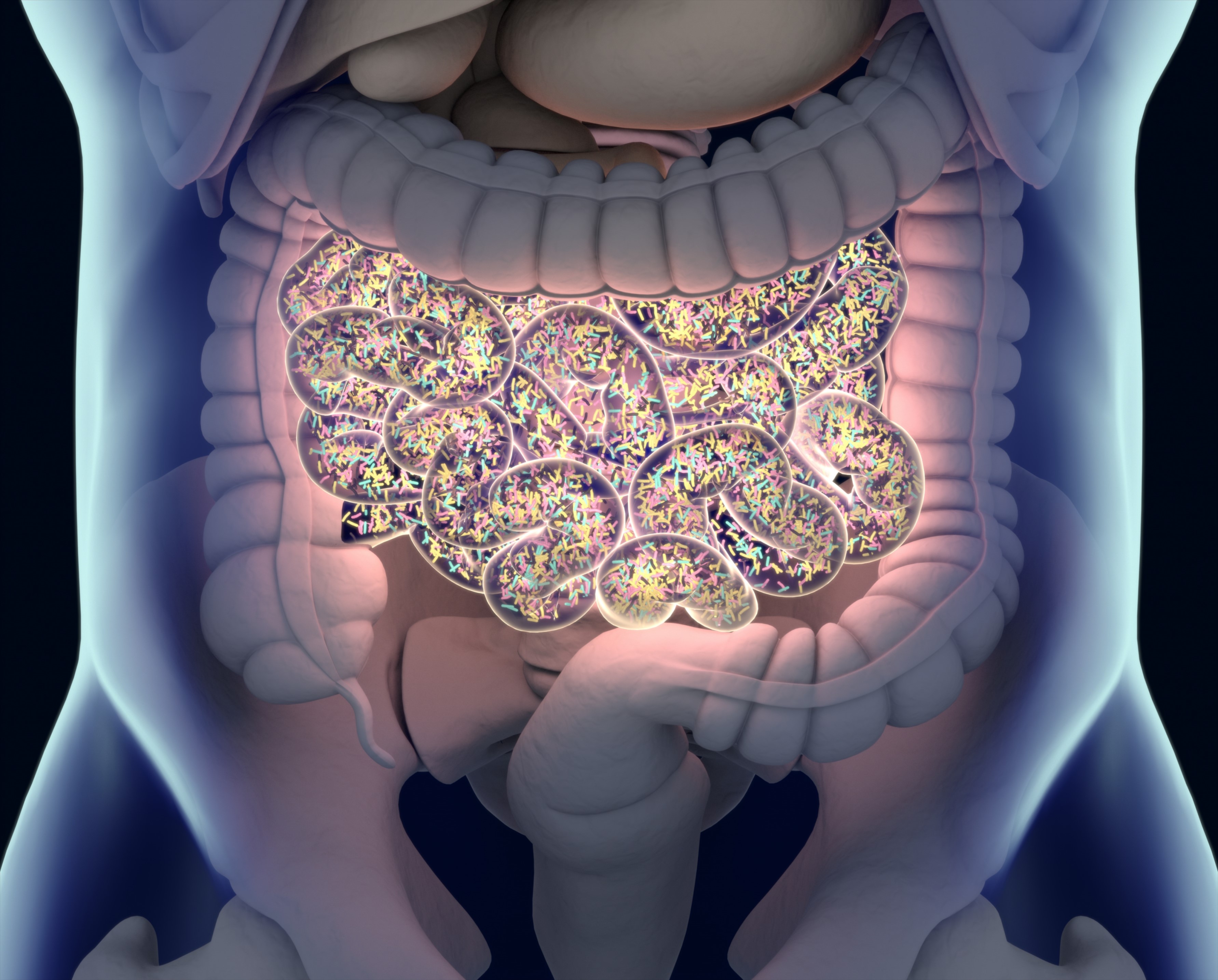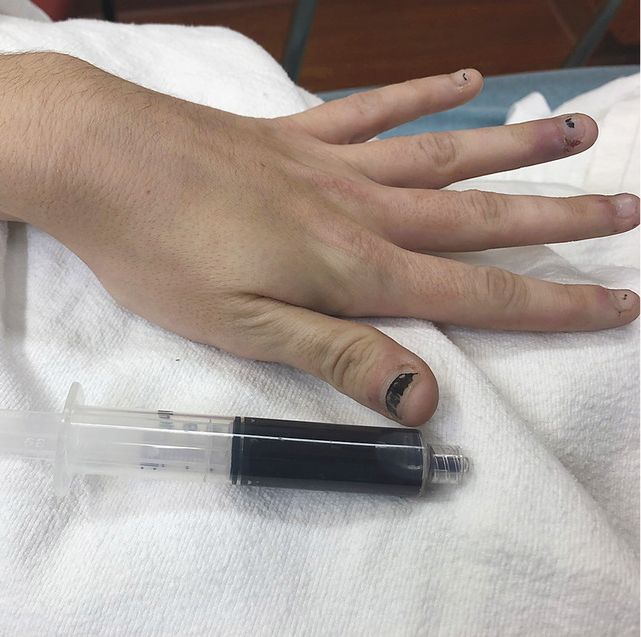Many people pledge to become healthier this time of year, but few take into consideration the microbes that are living inside their gut, these are the microbiome and they are vital to good health.
There are as many bacterial cells in the human body as there are human cells, these help to control a variety of things ranging from inflammation, to the development of cancer, our moods, what food we crave, how much energy we get from food, and these microbes are also responsible for gas production when we eat food as they help to adapt the nutrient source into the environment. When the microbiome become unbalanced these functions can become disrupted and contribute to the development of a wide range of diseases.
In recent years it has become increasingly clear that having a healthy microbiome is important. It is not exactly clear as to what this constitutes, but what is clear is that humans requires a diverse microbiome with a variety of bacterial species that can rapidly adapt to the range of foods we consume while performing other important functions such as preventing inflammation.
All of the foods that make up your diet can influence your gut microbiome, but the fiber that we can’t break down ourselves is what the gut really benefits from and it drives the formation of a healthy microbiome. Consuming a variety of fresh fruits and vegetables is an effective way to feed some of the most healthy promoting bacteria in your gut: eat the rainbow.
Most starch is broken down and absorbed fairly rapidly, but a fraction of that starch is resistant to digestion and acts similar to fiber to feed the gut bacteria; and this resistant starch has been identified to be beneficial in supporting the healthy functions of the gut microbiome. Sources of resistant starch include legumes and potatoes, additionally all source of starch can become more resistant after cooking and then cooling in the fridge.
Just as not all gut microbiomes are the same neither is fiber, certain fibers and microbiomes will mix better than others depending on what functions are present. Do some experimenting and listen to your gut to see what makes you feel the best, but you should give your microbiome a few weeks to adjust to each fiber source to see how it responds.
Studies have recently shown that regular exercise is good for the mind, body, and gut microbes too; some of the lactate produced can impact certain gut microbes but the mechanisms are not fully understood. This is all the more reason to go for that walk, bike ride, or run.
Adding probiotic foods to your diet may be of benefit as they contain healthy microorganisms. Several helpful microorganisms can be found in yogurt and fermented foods such as kimchi and sauerkraut. Probiotics can also be found in supplements but there isn’t enough evidence to support it being as good as food.
Source:worldhealth.net









